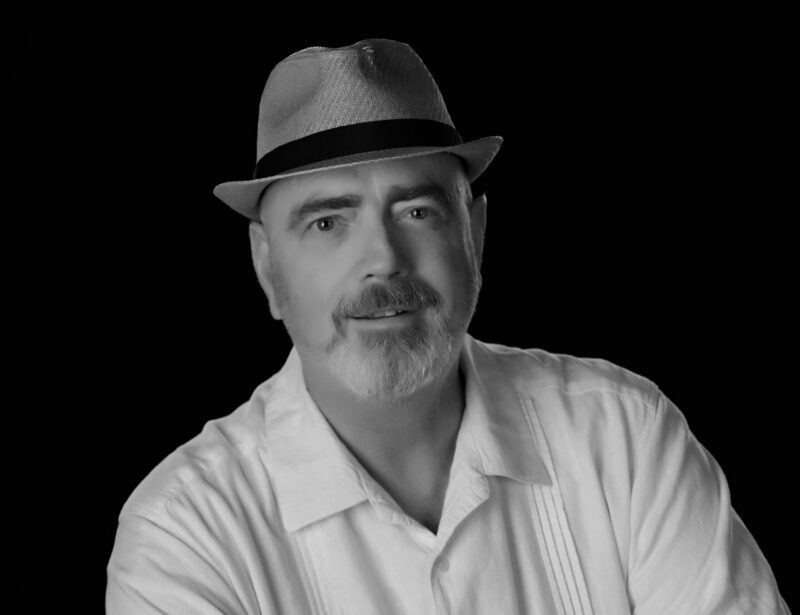Hidden Sin and Depression
“Blessed is he whose transgression is forgiven,
Whose sin is covered.
Blessed is the man to whom the LORD does not impute iniquity,
And in whose spirit there is no deceit.
When I kept silent, my bones grew old
Through my groaning all the day long.
For day and night Your hand was heavy upon me;
My vitality was turned into the drought of summer.
“Selah” (Psalms 32:1-4 NKJV)
This whole first section of this psalm is worthy of the, “Selah,” with which it ends. For the purpose of this consideration, we’ll focus on only two of the parallelisms.
Verse 1 opens with rejoicing. How wonderful it is to have one’s transgression (a willful violation of a known standard) forgiven. David shows it to be akin to glossing over a blemish in an object of value. That knick in the heirloom furniture is still there but the master repairman has so skillfully repaired it, one would never notice, if not pointed out.
In similar manner, out of love spouses will do this for one another, an invaluable benefit to the reputations of both. This is not the same as enabling, where one hides a continual, ongoing pattern of behavior for the sake of looking good. It is a grace (undeserved favor) one grants to the other in response to repentance, a turning away from the sin, forgiving as Christ has forgiven us.
Looking at verse 3, however, brings up another aspect of a healthy spiritual life. Though I have never been part of the Catholic Church, the rite of confession is something of value they practice. Everyone needs a spiritual mentor with whom they feel free to unburden themselves.
Their system, however, fails in the second half of accountable relationship, that of oversight. Telling a penitent to perform unrelated good deeds or give money to the church became the rote response for many sins, rather than the instruction Jesus gave upon issuing pardon for sin: “Go, and sin no more.” (John 8:11) In this way, confession tended to become the gateway to continued, rather than forgiven, sin.
However, the freedom to openly confess one’s misdeeds – both minor and major – is a key component most Evangelical churches are missing. When one lives in such spiritual isolation that they have no one to whom they can be accountable, the build-up of unconfessed sin can become overwhelming, the description of bones wasting away being aptly descriptive. Some contend this lack is a source of depression within such circles. A simple online search for, “depression among Evangelical believers,” produces at least 20 distinct articles.
Recovering alcoholics are those most likely to have such a partner, but I t should not take falling into that pit of despair for us to recognize our need for an accountability partner. In many cases a spouse can serve in this role since being, “one flesh,” kind of implies that kind of relationship. There are, however, some circumstances which make that impractical, if not impossible. Then one must find elsewhere that life preserver to hold onto, or else risk sinking into the Slough of Despair, as Pilgrim infamously did.
The Holy Spirit within will direct in such a search, so all hope is not lost. I don’t know his source, but My Pappaw used to say, “God’s word will keep you from sin, or sin will keep you from God’s word.” Stay in the word, remain in an attitude of prayer and thanksgiving; He will provide for you the right person. The famous instruction James gave should have a, “because,” between the two sentences. “Confess your trespasses to one another, and pray for one another, that you may be healed. The effective, fervent prayer of a righteous man avails much.” (James 5:16 NKJV)
Don’t let your bones waste away. You’ve got too much important work to do.
Related Scriptures

